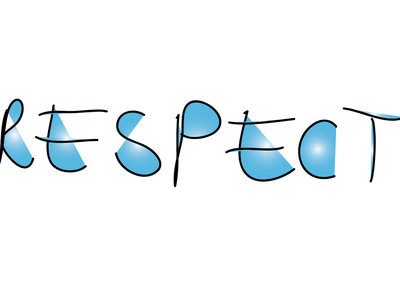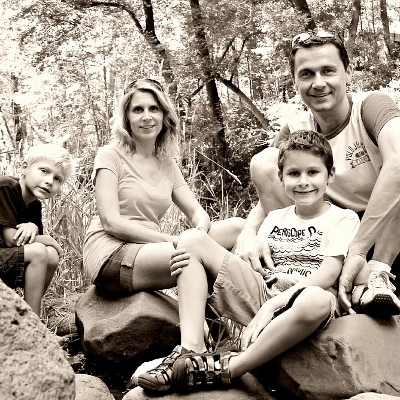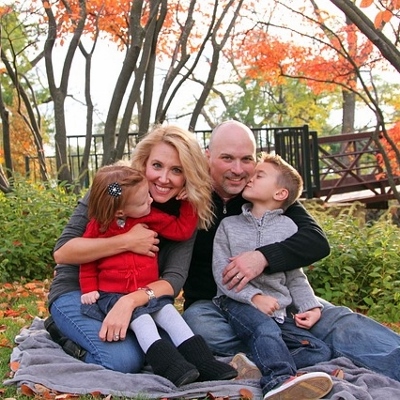
It’s never too early to teach respectful gestures, but you must understand that toddlers have limited vocabulary and attention spans. As you try to lecture your little one, he may just in turn stick out his tongue, yell “no”, and hit you. Now, this behavior will not last forever, but it does frustrate parents. Toddlers have a lot of learning to absorb in their formative years, so teaching good manners and respect for others is something parents need to dish out in small doses throughout the day.
During my teaching days, our program philosophy was supported by the 10 Principals of Respectful Caregiving found in the book, Infant, Toddlers, and Caregivers by Janet Gonzalez-Mena and Dianne Widmeyer Eyer (1997). We used these tactics to accomplish ways to introduce respectful behavior in our early childhood classes. Parents at home can also use these actions with their little ones. Here is an abbreviated tip list to try.
- Involve your toddler in things that need to be done with polite statements. Do not just work around the issue or distract the child just to get it done. For example, if you need to wipe a runny nose, tell your child what you are about to do instead of just wiping it while he’s playing. If the child is taught to understand actions, she will cooperate better now and in the future.
- Invest in quality time and talk with your toddler frequently. Invest in the “whole child”, not just his cognitive skills, but his total development. Observation of nature and interacting in play all develop skills needed in life.
- Learn and respect your child’s unique way of communicating since young children have minimal language skills. As your child uses signals, respond with words to teach her vocal communication.
- Respect babies and toddlers as worthy people. Don’t treat them as objects.
- Model the behavior you want to teach, don’t just preach.
- Build security by teaching trust. Be dependable.
- Recognize problems as learning opportunities, and let toddlers try to solve them on their own. You can’t always rescue and protect them.
- Be honest about your feelings around toddlers. Discuss emotions and don’t pretend to feel something you don’t.
- And by all means, don’t rush toddlers to meet their developmental milestones. Take time to enjoy each new accomplishment.
There is a lot more to teaching respect than just saying “please” and “thank you”, although it’s not too early to have your toddler try to verbalize these statements — they will eventually learn the meaning and how to use them correctly for their wants. And, we can’t deny that there will be days of tantrums at this age, but living a life full of courteous talk and respectful actions makes living with a toddler pleasurable.










